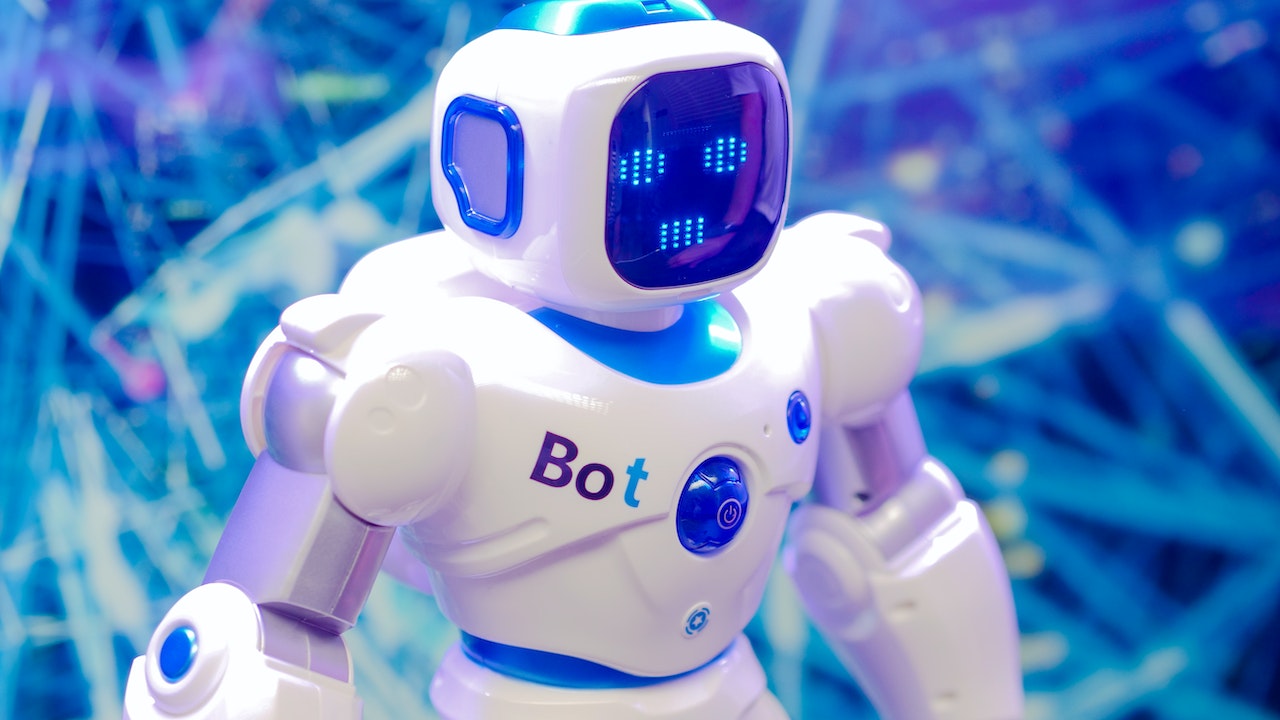The Rise of Artificial Intelligence: Navigating the Future with AI
Artificial Intelligence (AI) is rapidly becoming a crucial aspect of modern life, transforming the way we live, work, and interact with each other. The rise of AI brings exciting opportunities, such as improved efficiency and accuracy in various industries, but also raises important ethical considerations, such as job losses and privacy. It is important that we embrace these developments and invest in AI research and development, while also considering the ethical implications of these advancements.

Artificial Intelligence (AI) has been making headlines in recent years, as advancements in technology are making AI more accessible and powerful than ever before. AI has the potential to transform the way we live, work, and interact with each other, and it is rapidly becoming a crucial aspect of modern life. In this blog post, we will explore the rise of AI, its impact on various industries, and the ethical considerations that come with these developments.
One of the most significant areas of AI development is machine learning, which allows AI systems to learn and improve over time without being explicitly programmed. This allows AI systems to develop more sophisticated abilities and perform tasks that would be impossible for humans to achieve. For example, machine learning algorithms can analyze large amounts of data to identify patterns and make predictions, helping businesses make better decisions and improving their bottom line.
Another area where AI is making an impact is in the field of healthcare. AI algorithms can be used to analyze medical images, diagnose diseases, and help doctors and nurses make informed treatment decisions. This can improve the accuracy of diagnoses, reduce the time and cost of medical procedures, and ultimately save lives.
AI is also transforming the way we interact with technology. Voice-controlled virtual assistants, such as Siri and Alexa, have become popular household devices, and self-driving cars are now a reality on our roads. These developments are changing the way we live, making our lives easier and more convenient.
However, the rise of AI also raises important ethical considerations. For example, the widespread use of AI in the workplace could result in significant job losses, as machines and algorithms take over many tasks previously performed by humans. This could lead to significant social and economic disruption, and we must consider these implications as AI continues to evolve.
There are also privacy concerns, as AI systems collect and store vast amounts of personal data. This data can be used for good, such as improving medical diagnoses, but it can also be used maliciously, such as for targeted advertising or cybercrime. We must develop robust regulations and best practices to protect personal data and ensure that AI is used for the benefit of society as a whole.
In conclusion, the rise of AI is a significant development that has the potential to transform our lives in numerous ways. We must embrace these developments and invest in AI research and development, while also considering the ethical implications of these advancements. By doing so, we can ensure that AI is used for the benefit of society and helps to create a better future for all.
Artificial Intelligence (AI) is rapidly becoming a crucial aspect of modern life, transforming the way we live, work, and interact with each other. The rise of AI brings exciting opportunities, such as improved efficiency and accuracy in various industries, but also raises important ethical considerations, such as job losses and privacy. We must embrace these developments and invest in AI research and development, while also considering the ethical implications of these advancements.
ALSO READ
Soaring High: Indian Aviation's Flight Towards Safety and Efficiency
UnitedHealth's Overhaul: Automation and Standardization Amidst Audit Findings
Rajasthan Ethics Committee Investigates MLA Corruption Allegations
Revamping Defence Land Management: Rajnath Singh's Vision for Efficiency and Innovation
TCTA Warns SA Water Losses Driving Tariff Hikes, Calls for Urgent Efficiency Fix










